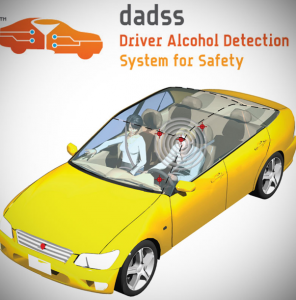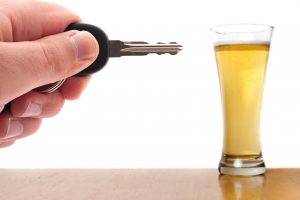 When you get pulled over by police and asked to perform a field sobriety test, the issue of DUI becomes very real to you and affects you directly. However, sometimes it helps to put the topic in a greater context. How has DUI enforcement changed over the years? How does drug DUI now come into play with the legalization of pot in California and other states? Are the current laws and technologies doing a good job in deterring people from making a mistake? If not, what can we do better?
When you get pulled over by police and asked to perform a field sobriety test, the issue of DUI becomes very real to you and affects you directly. However, sometimes it helps to put the topic in a greater context. How has DUI enforcement changed over the years? How does drug DUI now come into play with the legalization of pot in California and other states? Are the current laws and technologies doing a good job in deterring people from making a mistake? If not, what can we do better?
To explore these questions, let’s take a look at some the most significant DUI stories from the past decade—not just high profile cases like celebrity arrests, but stories that help paint a picture of different aspects of the issue—to see what we can learn from them. We’ll start with a recent news story that actually discusses an eye-opening trend over the past decade.
1. DUI Convictions Drop, DUI Dismissals on the Rise
 Los Angeles Criminal Defense Attorney Blog
Los Angeles Criminal Defense Attorney Blog









